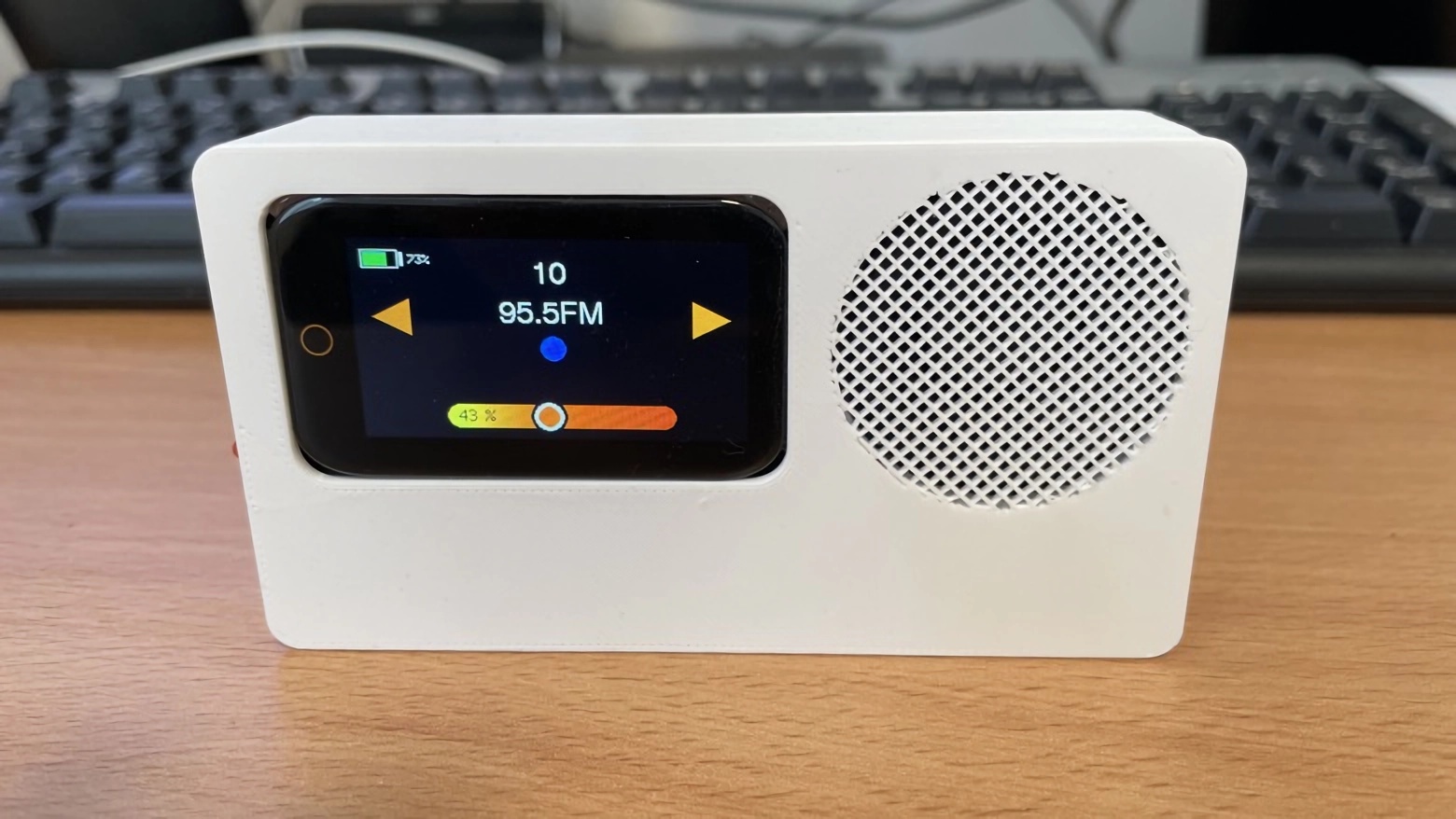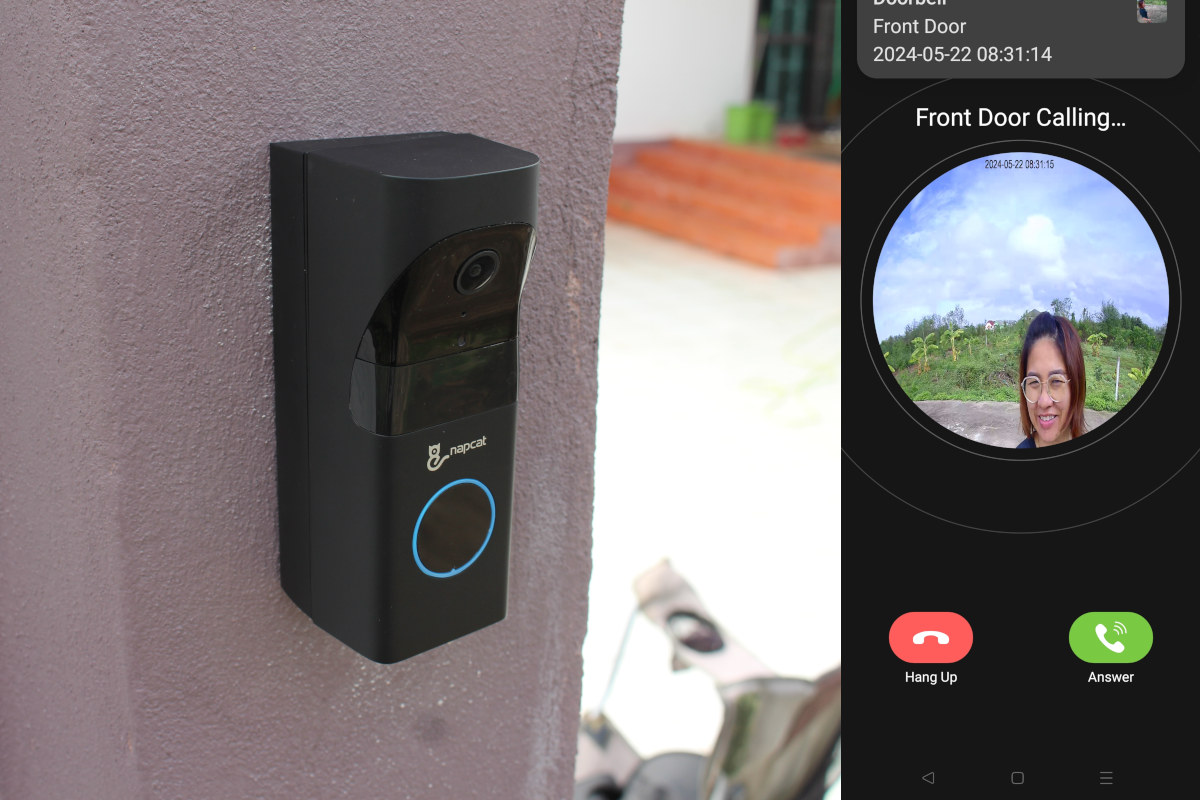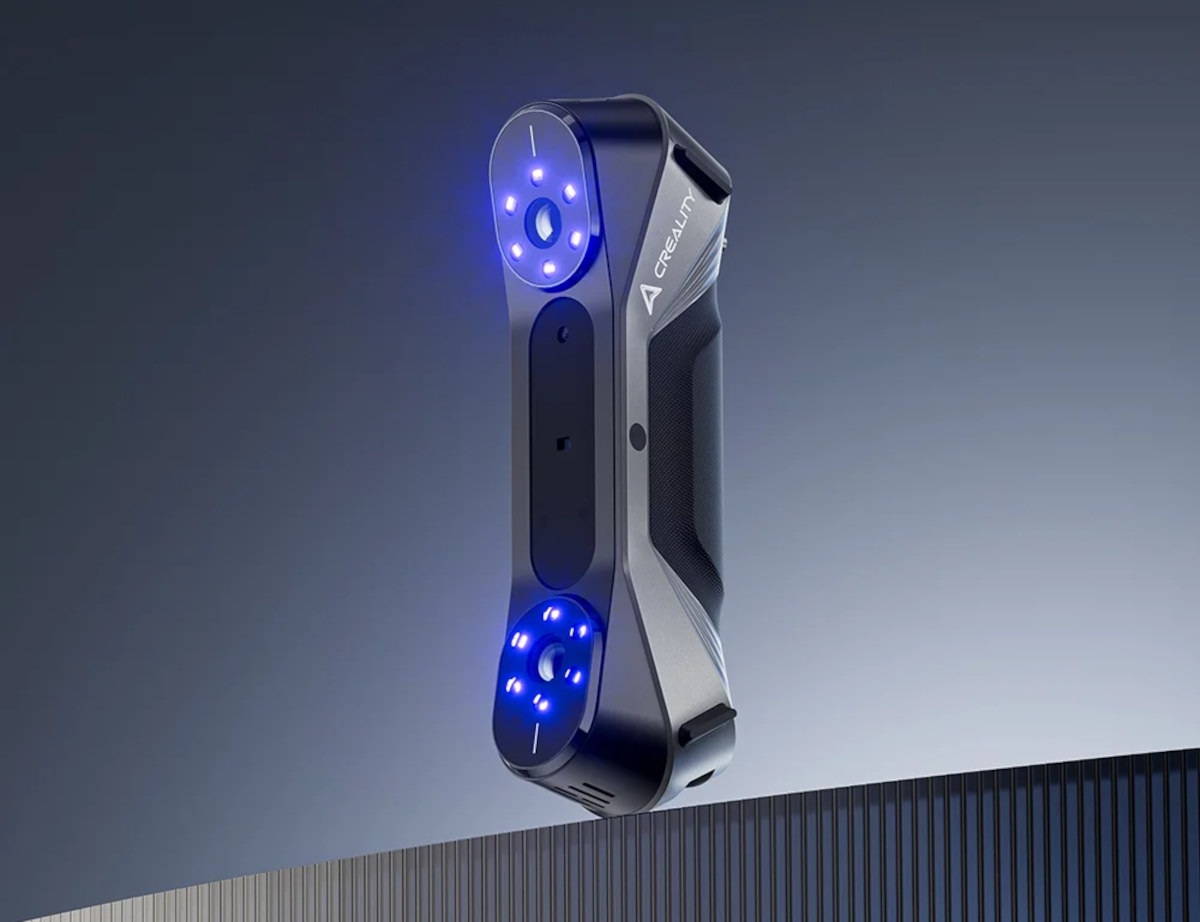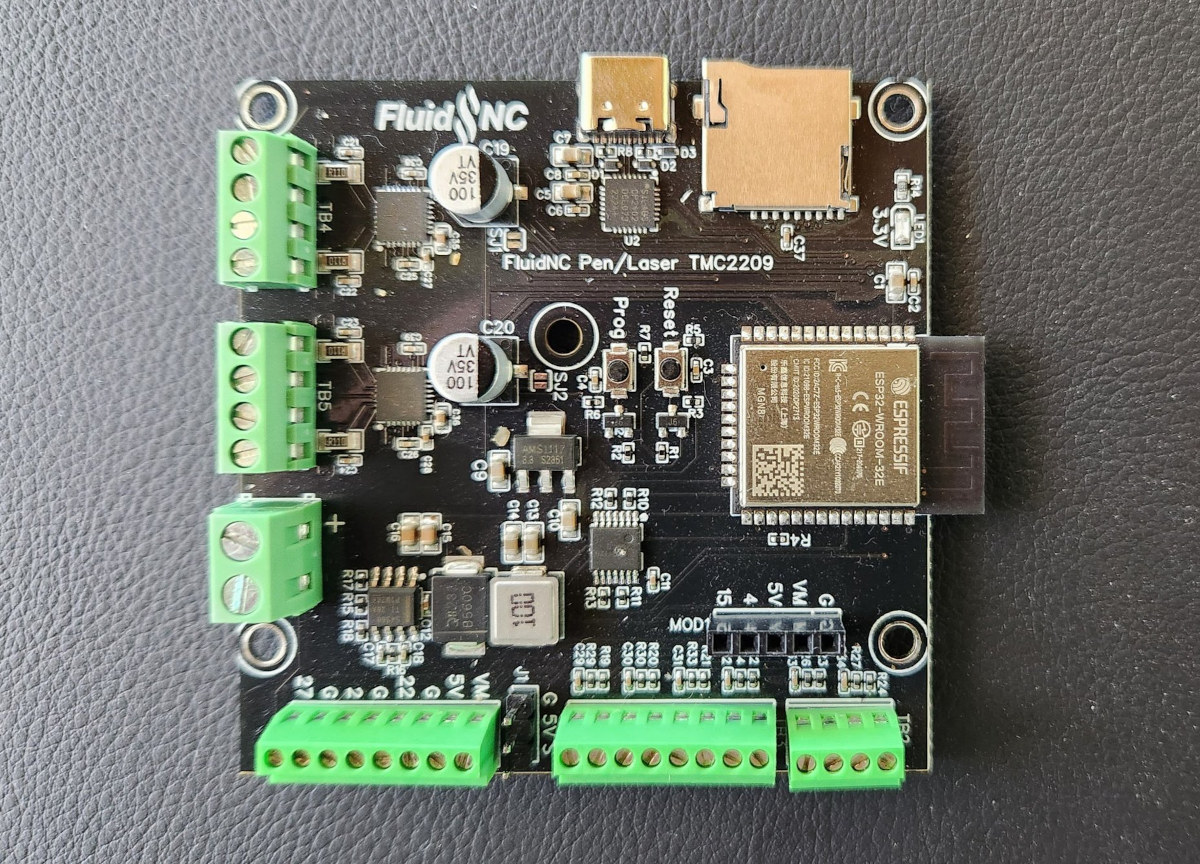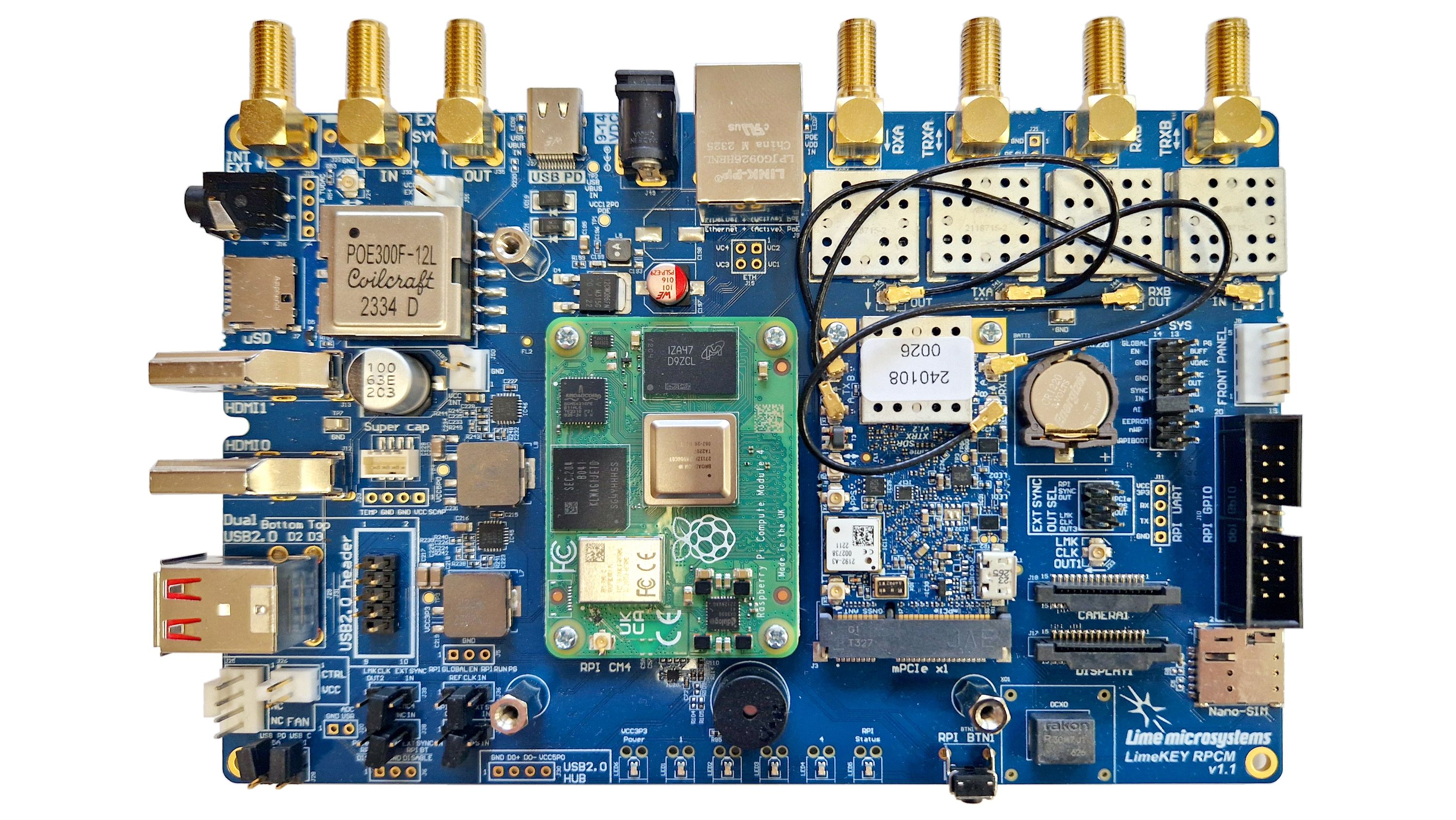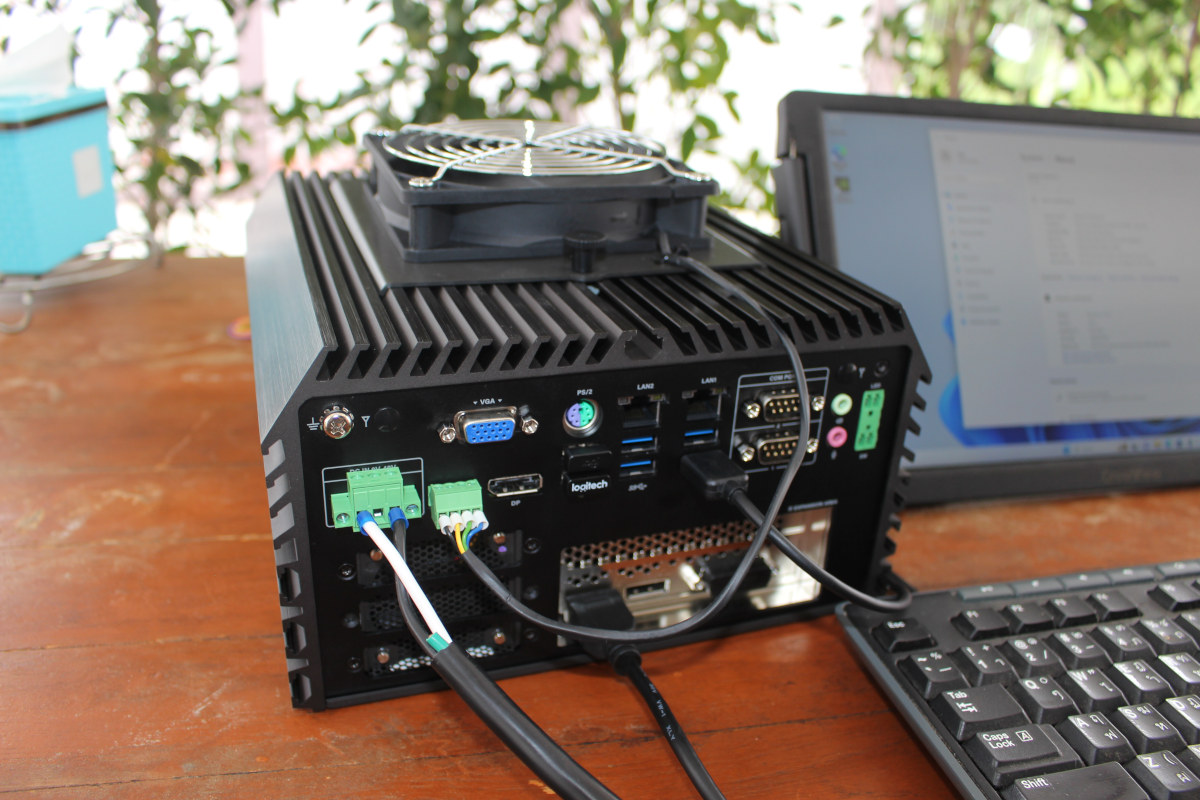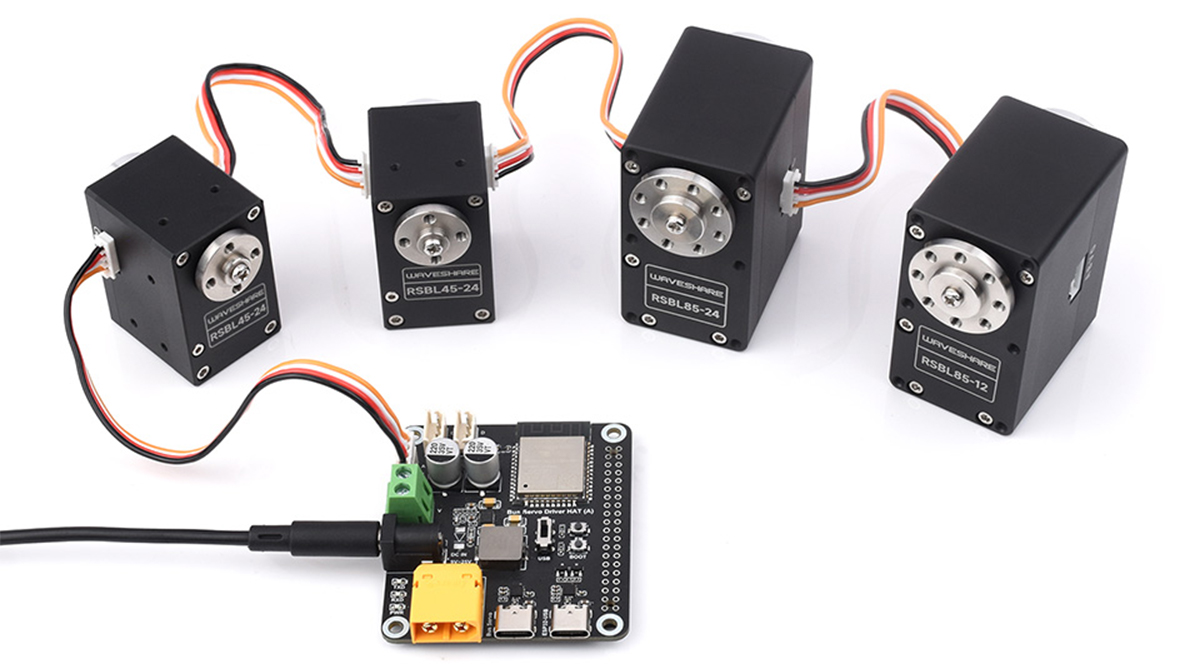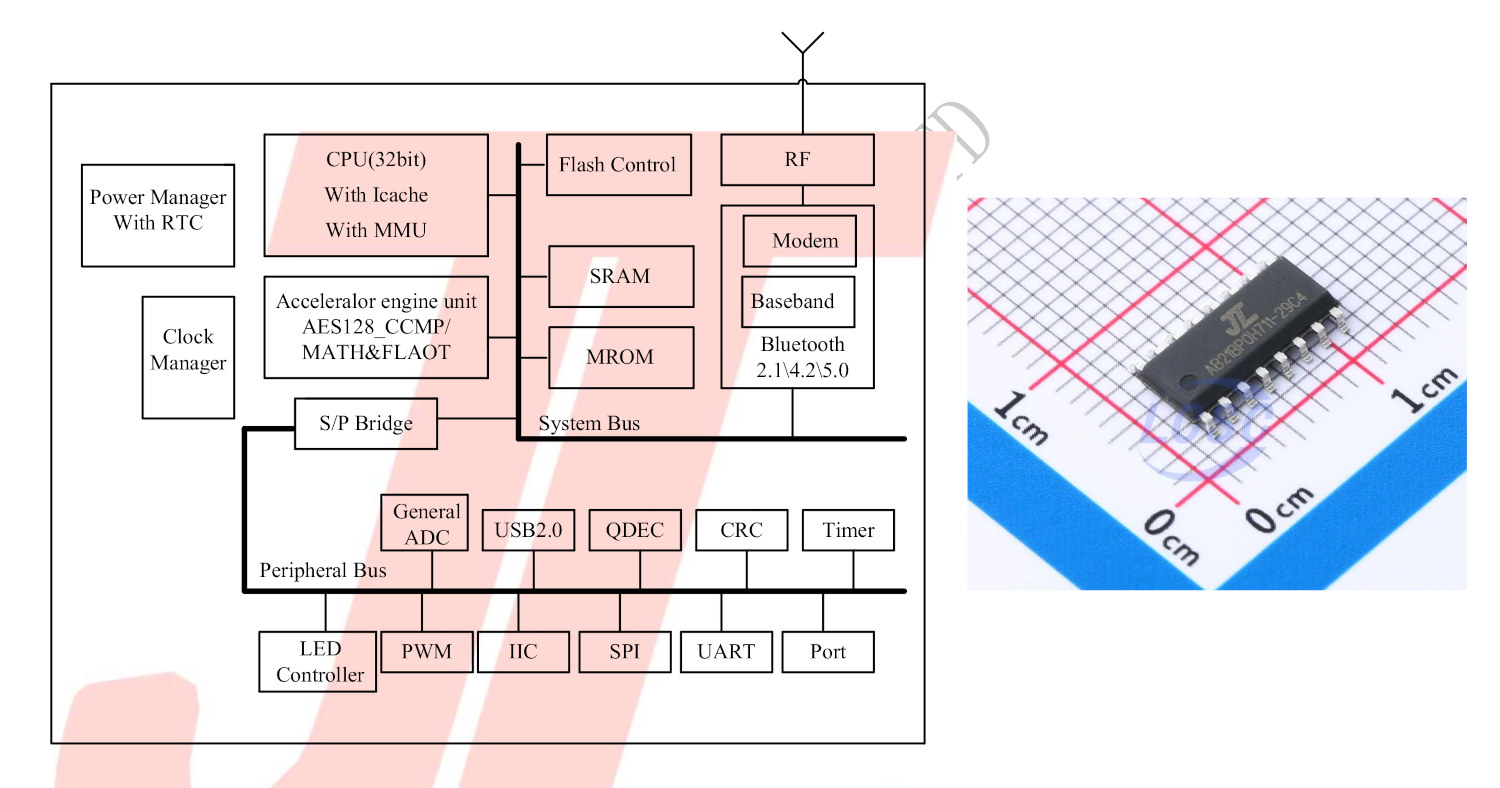The ESP32 Internet Radio from Poland-based maker, The MicroMaker, is a simple hardware kit that combines the LilyGo T-Display S3 Development board with an I2S audio breakout module and other components to form a radio that can access and stream from online radio stations. With the ESP32 Internet Radio, you are not limited to the radio stations available in your immediate vicinity. It is powered by the LilyGo T-Display S3 which integrates the network-capable ESP32-S3 microcontroller (Wi-Fi + BLE 5), a 1.9” full-color capacitive touchscreen display, and two programmable buttons. The ESP32-S3’s integrated Wi-Fi capability allows the radio to connect to the Internet, and the touchscreen brings an intuitive and easy-to-use interface to the device. It supports up to 512 stored radio stations, and you can manage these stations from a web browser on your PC or mobile phone. The Internet Radio can be powered by an 18650 Lithium-ion battery […]
NapCat Smart Video doorbell review – A battery-powered dual-band WiFi video doorbell with AI features
NapCat R112 is a 5MP video doorbell with dual-band 2.4/5GHz WiFi, AI features such as human and package detection, 2-way audio, and no subscription. It’s waterproof – rated IP65 – so it can be used outdoors, and powered by either a built-in battery or traditional wires. The company sent me a sample of the Napcat R112 for review. I’ll check out the camera in battery-powered mode only in this review, install it on the wall close to the gate of my house, and use the Napcast Android app to access the camera and answer calls. Napcat video doorbell unboxing The retail package shows a photo of the (white) base station and (black) camera and lists some of the main features such as a wide-angle camera, dual-power option, on-device human detection and package monitoring, and dual-band WiFi. There’s no monthly fee to pay to use the device after purchasing it. The […]
Get Creality CR-Scan Raptor 3D scanner for 10% off for Father’s day 2024 (Sponsored)
Father’s Day is just around the corner, and an ideal gift for a dad may be the Creality CR-Scan Raptor 3D scanner especially since it is now sold for 10% off when using RAPTOR100 discount coupon code. Creality is better known for its 3D printers, but the company is now also selling a 3D scanner as a perfect companion for a 3D printer, and the Creality CR-SCan Raptor 3D is capable of scanning objects up to 2x2x2m. This advanced 3D scanner supports two scan modes namely 7-line Blue laser and infrared binocular structure light (NIR) depending on the required accuracy, frame rate, and model size as we’ll detail in the specifications below. Creality CR-Scan Raptor 3D scanner specifications: Scan modes 7-line Blue laser Accuracy – Up to 0.02mm 3D Resolution – 0.02 – 2mm Scanning Speed – Up to 60fps Single Capture Range – 270x170mm @ 300mm Working Distance – […]
ESP32-based CNC controller board targets pen plotters and lasers, runs FluidNC open-source firmware
FluidNC “TMC2209 Pen/Laser CNC Controller” is an ESP32-based 2-axis CNC controller that runs FluidNC open-source firmware and takes up to two TMC2209 stepper drivers to drive pen plotters and laser engravers ESP32 wireless modules have been used in a range of 3D printer and CNC controllers for years with boards such as Grbl_ESP32 CNC breakout board, Phi MainBoard 5LC 3D printer controller, and the Makerbase MKS DLC32 board we found in TwoTrees TS2 laser engraver and TTC 450 CNC router running MKS-DLC32-FIRMWARE open-source firmware. The FluidNC TMC2209 Pen/Laser CNC Controller offers yet another option and a different open-source FluidNC firmware that is an evolution of the firmware for the aforementioned Grbl_ESP32 that also happens to work on the MKS DLC32 board… FluidNC “TMC2209 Pen/Laser CNC Controller” specifications: Wireless module – Espressif Systems ESP32-WROOM-32E ESP32 dual-core microcontroller 4MB flash 2.4 GHz WiFi and Bluetooth LE connectivity, built-in PCB antenna Storage – MicroSD […]
LimeNET Micro 2.0 Developer Edition board leverages Raspberry Pi CM4 and LimeSDR XTRX SDR module (Crowdfunding)
The LimeNET Micro 2.0 Developer Edition board is a modular software-defined radio (SDR) platform from Lime Microsystems that is based on the Raspberry Pi Compute Module 4 and the company’s own SDR board, the LimeSDR XTRX. It builds upon previous versions from Lime Microsystems, such as the LimeSDR Mini and LimeSDR Mini 2.0. It features a MIMO (multiple-input, multiple-output) radio and runs the more powerful Compute Module 4, an upgrade from the Raspberry Pi CM3 in earlier versions. The LimeSDR XTRX is an open-source, high-performance SDR in a compact, Mini PCIe form factor. It provides a platform for building logic-intensive digital and RF designs and can be used for MIMO antenna configurations from 2Tx2R to 32Tx32R. The platform is built around a planar system board, the LimePSB RPCM, which integrates the CM4, the XTRX, and other components and interfaces to make a complete baseband + RF solution for diverse wireless […]
Cincoze DS-1402 modular embedded computer review – Part 1: Specs, unboxing, teardown, and first boot
Cincoze has sent me a sample of the DS-1402 modular embedded computer for review. The system is offered with a range of 12th Gen Alder Lake-S or 13th Gen Raptor Lake-S processors and features various expansion options with two PCIe slots, two CMI module slots, a CFM module slot, and three MEC (mini PCIe) module slots. The review sample is equipped with an Intel Core i9-12900E 16-core Alder Lake-S processor, 64GB DDR5 memory, a 512GB NVMe SSD, and an NVIDIA GTX1630 graphics card inserted into one of the PCIe slots. The company also fitted the embedded system with two CMI modules on the front panel with four GbE (Intel I210) RJ45 each. Cincoze DS-1402 specifications When we first wrote about the Cincoze DS-1400 series in 2022 only 12th Gen Alder Lake-S processors were available, but the company has now added 13th Gen Raptor Lake-S processors to the list of options. […]
Serial Bus Servo Driver HAT (A) can drive up to 253 servos simultaneously
Waveshare has recently introduced the Serial Bus Servo Driver HAT (A) ESP32-powered servo motor controller for the Raspberry Pi designed to drive up to 253 serial servos simultaneously. The servos can be controlled via UART or USB through the Pi SBC or used as a standalone controller for a robotics project. The board has a wide input voltage range of 9 to 25 volts and features an onboard XT60 connector, a screw terminal, and a DC barrel jack any of which can be used as power input. Besides that, the board features an RS485 port a TTL Servo header, and a UART control switch for convenience. Previously we have written about the Suptronics X200 HAT multifunction expansion board for the Pi with servo support, as well as the ELECFREAKS Wukong 2040 which can also be used to drive servos. Waveshare Serial Bus Servo Driver HAT specifications CPU – Espressif ESP32-WROOM-32 dual-core […]
JieLi Tech AC6329C4 is a 35 cents Bluetooth 5.0 microcontroller
JieLi Technology AC6329C4 is an ultra-cheap microcontroller with Bluetooth 5.0 connectivity and several I/Os including some for motor control that sells for just 35 cents on LCSC in single units, or 25 cents per piece for 1K+ orders. The microcontroller features a 32-bit RISC core clocked at 96 MHz with 73KB SRAM, and up to 4Mbit (512KB) flash. The 16-pin (SOP16) package offers plenty of multiplexed interfaces including USB 2.0, ADC, PWM, I2C, SPI, UART, and in-phase (I) and quadrature (Q) encoders. AC6329C4 specifications: CPU – 32-bit RISC CPU @ 96 MHz with Cache – 8KB I-cache 2-way, 1KB R/O cache 1-way 64x Vectored interrupts 8x Levels interrupt priority Memory – 73KB data RAM Storage – 4Mbit flash (another part called AC6329C2 comes with 2Mbit flash) Bluetooth CMOS single-chip fully-integrated radio and baseband Compliant with Bluetooth 5.0+BR+EDR+BLE specification Bluetooth Piconet and Scatternet support Meets class2 and class3 transmitting power requirement […]


